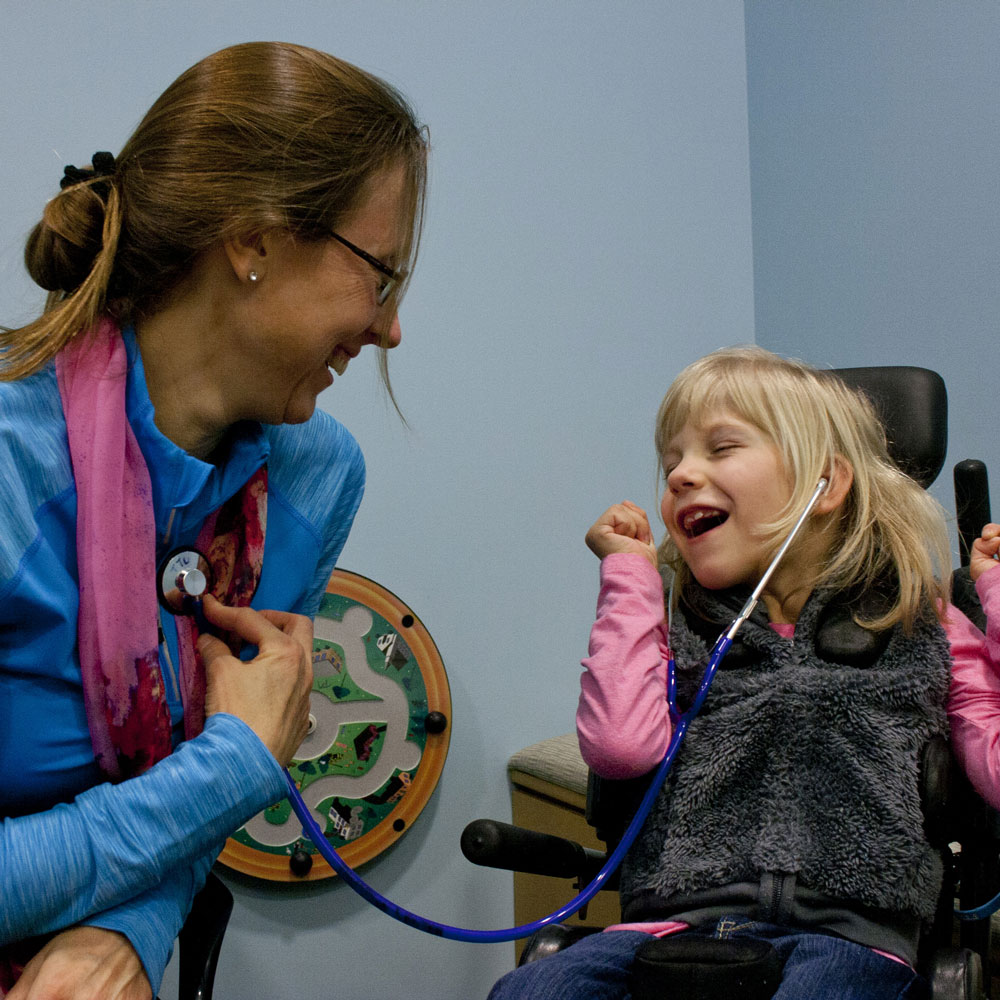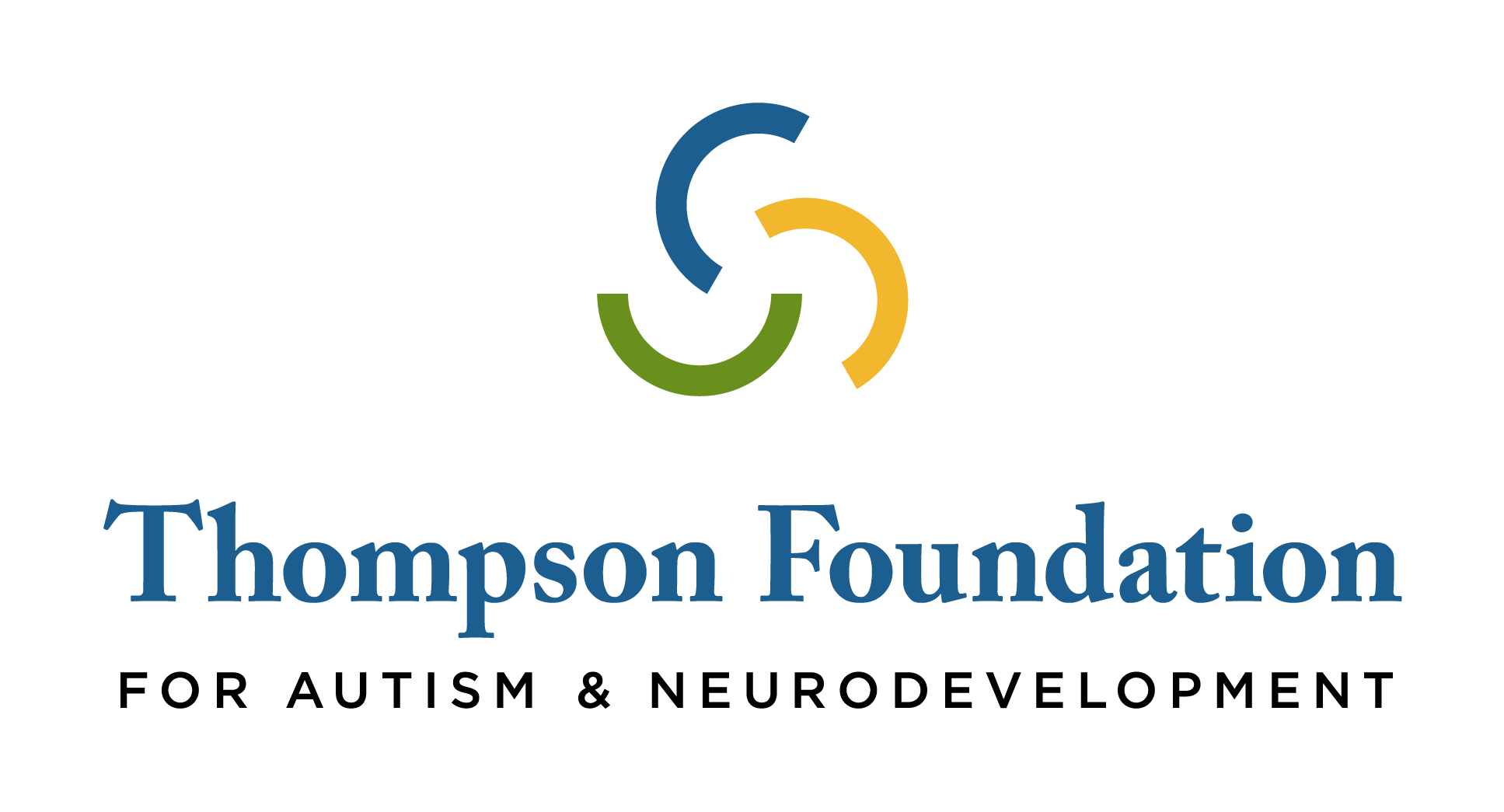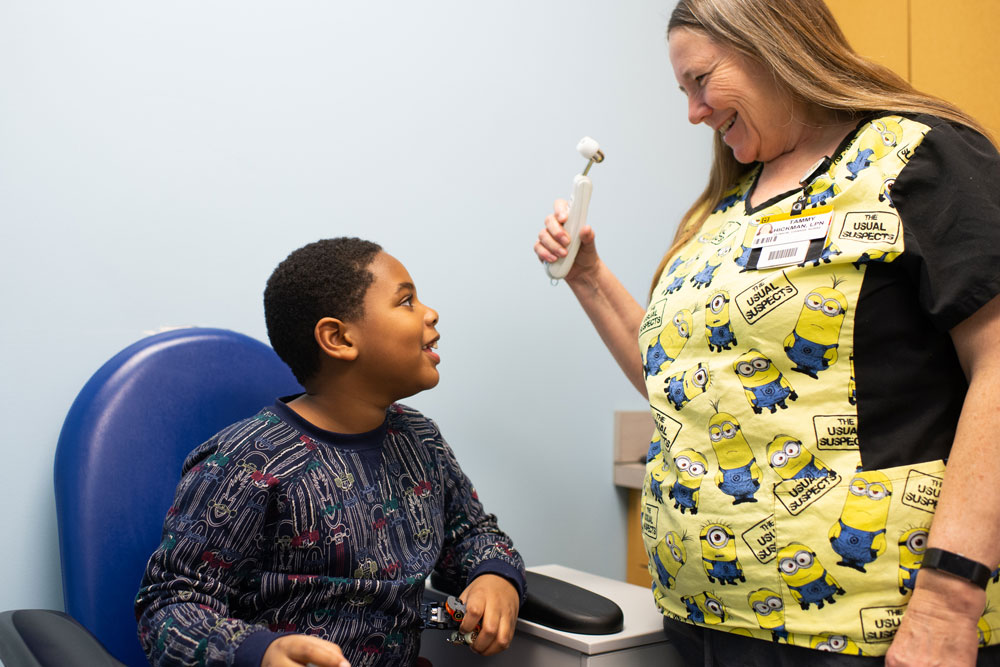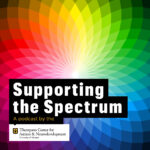What is Neurodevelopment?
Neurodevelopment is the development of the nervous system and the functioning of the neurological system and brain. Neurodevelopmental disorders include attention-deficit/hyperactivity disorder (ADHD), autism, learning disabilities, intellectual disability, conduct disorders, and cerebral palsy.
The Thompson Center for Autism & Neurodevelopment works with patients with autism, ADHD, cerebral palsy, Down syndrome, and other influences on development from infancy to adulthood. They take a family-centered approach using clinical-based, collaborative research and training programs to address each patient’s individual needs.
The Thompson Center for Autism & Neurodevelopment offers comprehensive diagnosis and treatment plans. If you feel like your child may have autism or other developmental concerns, please complete a referral form.

The Latest From The Foundation
The Thompson Foundation for Autism & Neurodevelopment positively influences and supports autism and neurodevelopment-related education across the nation, helping to lead to greater understanding and empathy for families affected by autism and other neurodevelopmental disorders.




